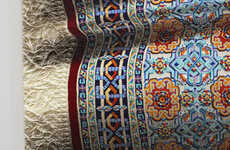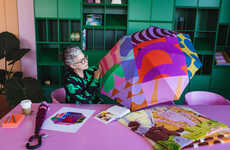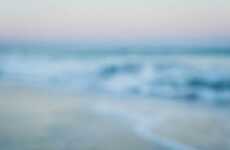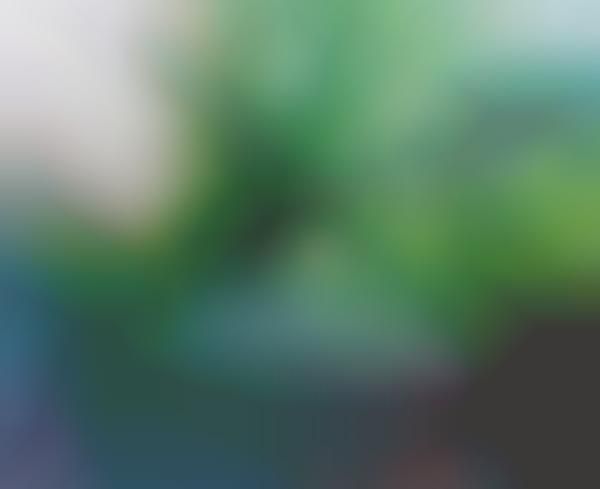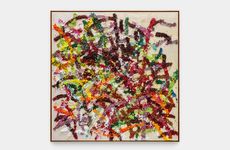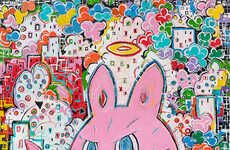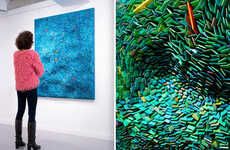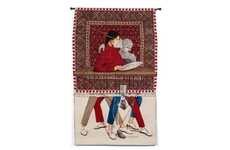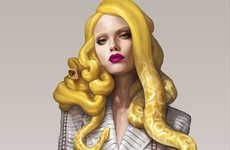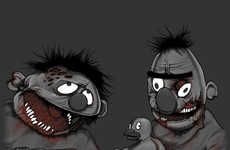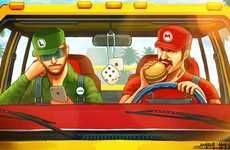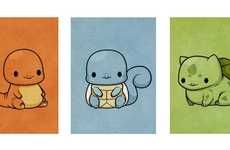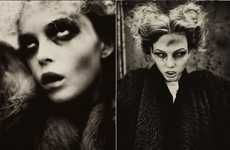
Karin Kneffel Illustrates Rainy Windows with Life-Like Precision
Elise Ying-Hei Ho — October 9, 2012 — Art & Design
References: kneffel.de & ufunk.net
German artist Karin Kneffel creates a vivid collection of photo-like paintings called Rainy Windows that depict playful fingers reflected on foggy windows.
These photorealistic paintings could be mistaken for real photos had the artist not revealed this truth. Karin Kneffel's paintings are meticulous, each one showcasing extreme detail, including residual condensation traces matching the exact strokes of the fingers. Karin Kneffel makes sure to leave a certain level of fogginess in the paintings, even after the fingers have made their mark. The water wavers and bleeds appropriately, which suggests a deft hand and a certain level of control in the artist.
The artist's realistic illustrations in Rainy Windows seem to have a voyeuristic allure as each painting reveals a different setting composed of working artists and abandoned rooms, suggesting a curious and investigatory nature.
These photorealistic paintings could be mistaken for real photos had the artist not revealed this truth. Karin Kneffel's paintings are meticulous, each one showcasing extreme detail, including residual condensation traces matching the exact strokes of the fingers. Karin Kneffel makes sure to leave a certain level of fogginess in the paintings, even after the fingers have made their mark. The water wavers and bleeds appropriately, which suggests a deft hand and a certain level of control in the artist.
The artist's realistic illustrations in Rainy Windows seem to have a voyeuristic allure as each painting reveals a different setting composed of working artists and abandoned rooms, suggesting a curious and investigatory nature.
Trend Themes
1. Photorealistic Art - The trend of photorealistic art that could be mistaken for real photos presents disruptive innovation opportunities, particularly in fields such as advertising and marketing.
2. Interactive Art - Interactive art installations that delve into the voyeuristic nature present disruptive innovations in the entertainment or advertising industry.
3. Hyperrealism - The trend of hyperrealistic art that blurs the line between reality and art presents opportunities for innovation in the fine art world through experimentation with new materials and techniques.
Industry Implications
1. Advertising - Photorealistic and interactive art installations could drive imaginative advertising campaigns, particularly for fashion or luxury brands.
2. Entertainment - Interactive art exhibitions, particularly ones that tap into the voyeuristic nature of the viewers could become popular attractions in parks, museums or festivals.
3. Fine Arts - Experimentation with new materials and techniques within the hyperrealism trend could attract interest in the fine art community.
5.7
Score
Popularity
Activity
Freshness


